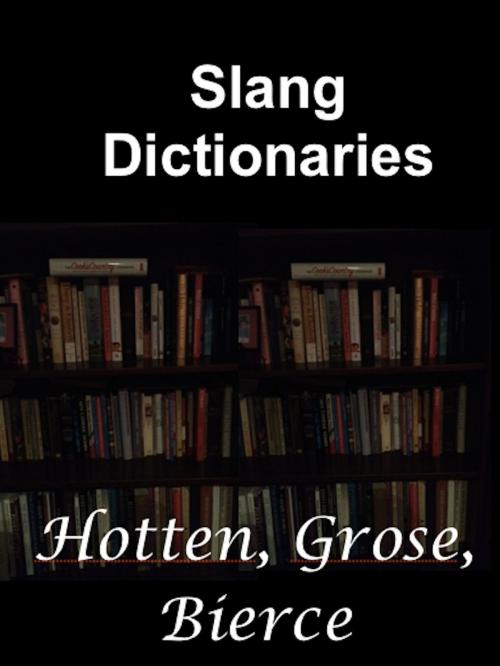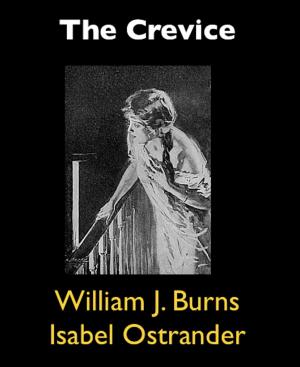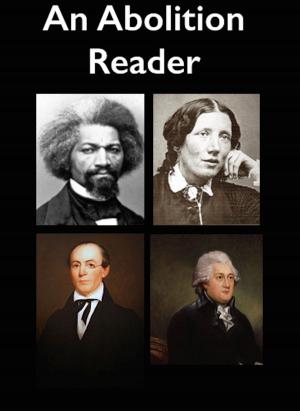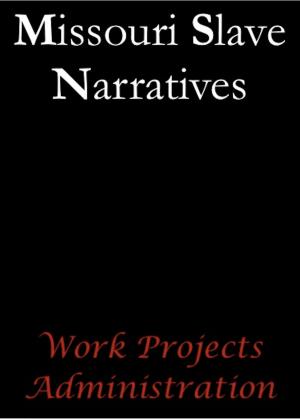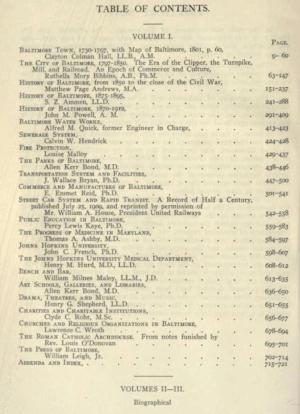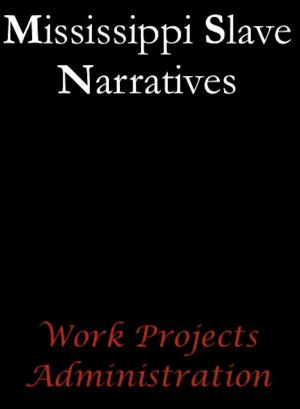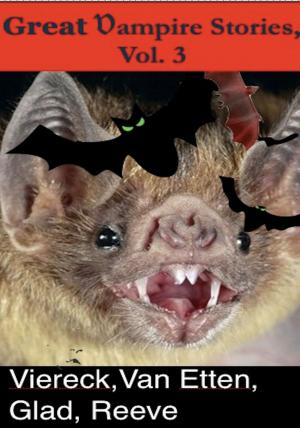| Author: | John Camden Hotten, Francis Grose, Ambrose Bierce | ISBN: | 1230000206141 |
| Publisher: | AfterMath | Publication: | January 1, 2014 |
| Imprint: | Language: | English |
| Author: | John Camden Hotten, Francis Grose, Ambrose Bierce |
| ISBN: | 1230000206141 |
| Publisher: | AfterMath |
| Publication: | January 1, 2014 |
| Imprint: | |
| Language: | English |
This volume contains three complete works. The focus is dictionaries of slang, or common usage of the English language.
The first work included in this volume is “The Slang Dictionary,” by John Camden Hotten. The work shows the state of slang in England in 1913.
The second work included in this volume is an older slang dictionary entitled “1811 Dictionary in the Vulgar Tongue.” The author of this work is Francis Grose. The reader interested in linguistics and language will enjoy tracing changes in usages between the first dictionary and this one.
The third dictionary included herein is “The Devil’s Dictionary,” which was written by Ambrose Bierce over a long period of time and finally concluded in 1906. While intended to be humorous, several of the definitions have made their way into popular usage.
The careful reader will note the movement of slang usage in language “across the pond” in many instances.
The books in this volume will be of use to students and aficionados of language, readers of classics, and anyone wishing to write a period piece using common usage during the times of these dictionaries.
This volume contains three complete works. The focus is dictionaries of slang, or common usage of the English language.
The first work included in this volume is “The Slang Dictionary,” by John Camden Hotten. The work shows the state of slang in England in 1913.
The second work included in this volume is an older slang dictionary entitled “1811 Dictionary in the Vulgar Tongue.” The author of this work is Francis Grose. The reader interested in linguistics and language will enjoy tracing changes in usages between the first dictionary and this one.
The third dictionary included herein is “The Devil’s Dictionary,” which was written by Ambrose Bierce over a long period of time and finally concluded in 1906. While intended to be humorous, several of the definitions have made their way into popular usage.
The careful reader will note the movement of slang usage in language “across the pond” in many instances.
The books in this volume will be of use to students and aficionados of language, readers of classics, and anyone wishing to write a period piece using common usage during the times of these dictionaries.
